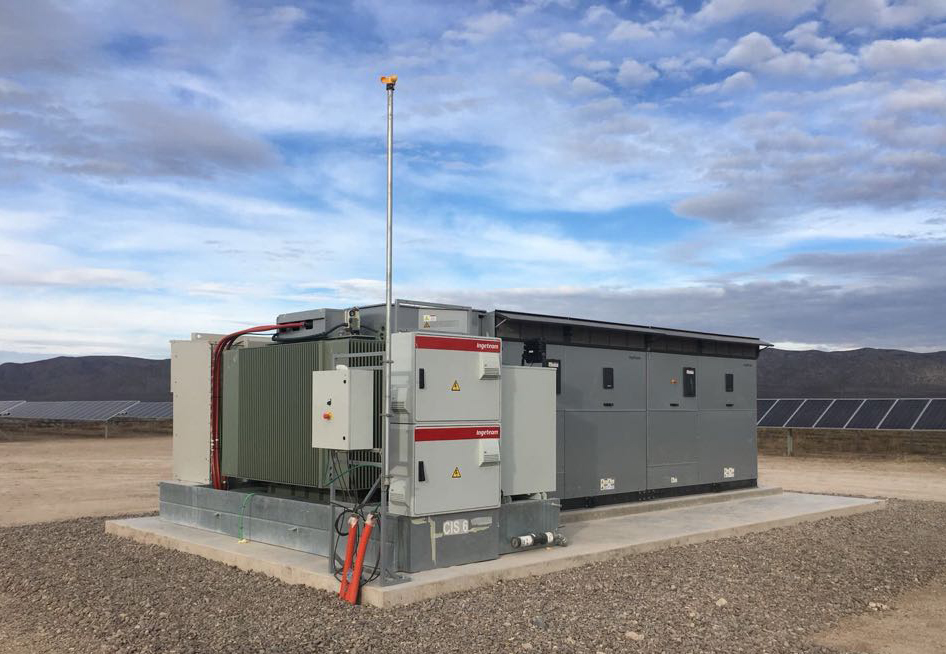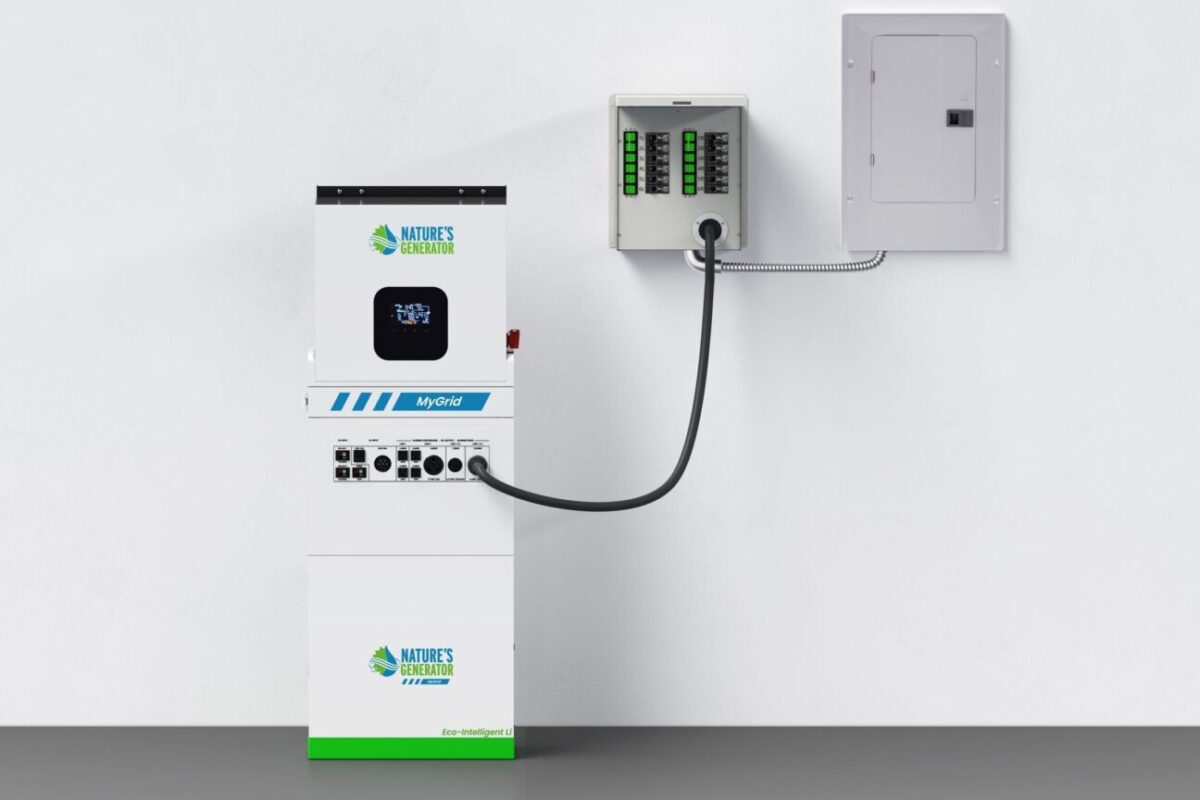Wood Mackenzie Power & Renewables has released preliminary PV inverter shipping data for the first half of 2018, announcing record shipments across the world.
For the first time, more than 55 GW (AC) of inverters were shipped globally within six months. This is on track for the analyst group's forecast that 2018 will see slightly above 100 GW (AC) of inverter shipments.
While the market between 2016 and 2017 grew by 23%, growth this year is expected to halt at 2%. This is primarily due to policy measures, such the China 31/5 announcement, which threw the market into turmoil.
The ranking for the top three global vendors has remained the same: Huawei takes the lead, followed by Sungrow and SMA.
The biggest winner of the global market development in the first half of 2018, however, was Ingeteam. The company closed on rank 18 in the world-wide ranking in 2017, but shot up to rank four in H1 2018. Wood Mackenzie attributes this development mainly to a range of “massive” projects in Latin America, the Middle East and Africa.
The group sees the overall market for utility-scale projects as highly dynamic, with particularly strong growth right across Latin America, the Middle East, Africa, and Australia.
Last year, Wood Mackenzie also reported that three-phase string inverter shipments exceeded those of central inverters. Asked what the significance of this was, Scott Moskowitz, analyst at Wood Mackenzie said, “String inverter shipments exceeding central inverter shipments is both a snapshot of the current market and a look into the future.”
He continued, “As a snapshot, it is a result of the size of the Chinese market and the success of Huawei. As a long-term trend, it is proof of sophistication in the market and increasing power densities of solar inverters. We expect string inverters to gain additional share over the next several years, particularly in the U.S. and Latin America.”
The U.S. market leadership has been taken by Solaredge from SMA this year. Recently, the German solar PV inverter manufacturer said it will not achieve its sales and earnings targets this year, due to the fallout of China’s PV policy changes at the end of May, which have resulted in “enormous” excess module and inverter capacities in China, a “steep decline in prices in all markets and segments”, and postponed projects.
As such, guidance has been lowered from €900 million to €1 billion, to €800 million to €850 million. Structural changes will also be made, which are expected to impact SMA’s EBITDA, resulting in either a break-even, or slightly negative, figure, down from an earlier projected €90 million to €100 million.
This content is protected by copyright and may not be reused. If you want to cooperate with us and would like to reuse some of our content, please contact: editors@pv-magazine.com.




By submitting this form you agree to pv magazine using your data for the purposes of publishing your comment.
Your personal data will only be disclosed or otherwise transmitted to third parties for the purposes of spam filtering or if this is necessary for technical maintenance of the website. Any other transfer to third parties will not take place unless this is justified on the basis of applicable data protection regulations or if pv magazine is legally obliged to do so.
You may revoke this consent at any time with effect for the future, in which case your personal data will be deleted immediately. Otherwise, your data will be deleted if pv magazine has processed your request or the purpose of data storage is fulfilled.
Further information on data privacy can be found in our Data Protection Policy.